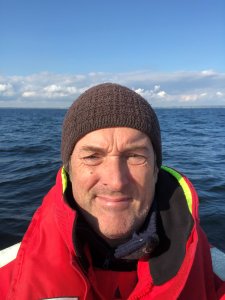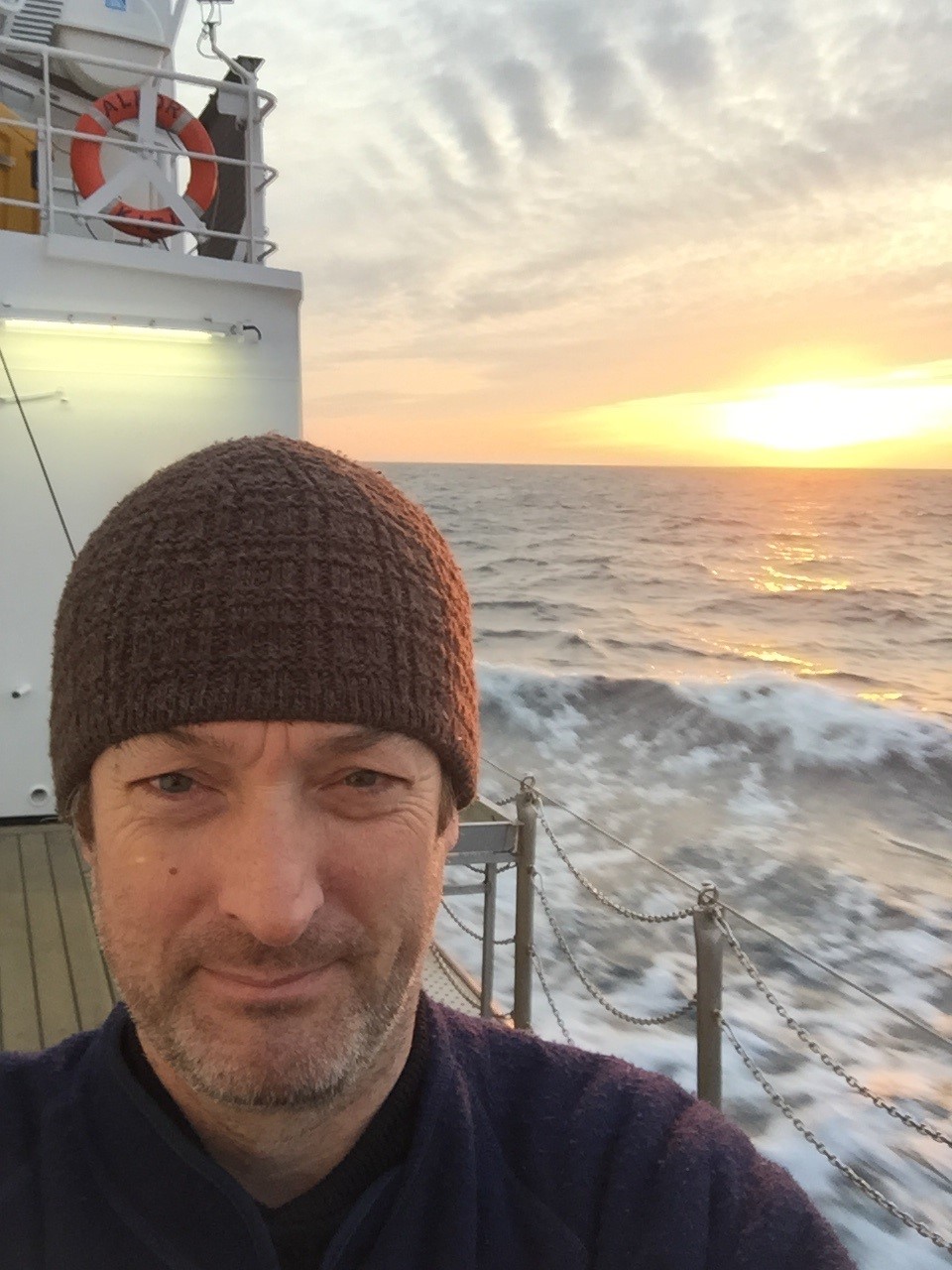SEAwise is led by a core team of partners who lead the programme’s work themes and regional case studies, and spearhead the fantastic work being done to encourage our SEAWise Network to get involved in all areas of our research. They bring their knowledge and experience of fisheries and marine ecosystems, not to mention their enthusiasm and passion, to make a real impact to the longevity of sustainable management systems. Collectively, they make up our Steering Committee.
We spoke with each of them to hear more about what drives them to work towards the implementation of EBFM, and find out what excites them most about their work within SEAwise!

How is EBFM important to you?
Several fish stocks in the Baltic are dramatically declining for reasons that we are aware of, but cannot currently mitigate against via effective management. Including a comprehensive ecosystem approach in fisheries management offers a chance to rectify this by integrating knowledge from across the marine realm, allowing us to estimate risk and uncertainty in traditional fisheries management. Going forward, this will be hugely important for gauging what we can proactively manage, and what we will need to mitigate against.
Which aspects of Ecosystem Based Fisheries Management interest you most, and why?
Part of my work involves collecting acoustic data and plugging this into models – in other words, I want to see with sound and understand what fish are doing below the water, especially who’s eating who! I want to know where and when these interactions between fish happen, what they mean for the growth of the predator fish, how it affects the mortality rates of the prey fish, and if some areas of the Baltic sea need enhanced protection to safeguard their function as feeding arenas.

How do you think your work in SEAwise will improve Ecosystem Based Fisheries Management?
As part of SEAwise I will participate in incorporating information on ecosystem-state and risks within existing management option tables, communicating them to relevant stakeholders – something that will be made possible thanks to the participation of the SEAwise Network and the collaborative working across the programme!
Stefan’s work focuses on species interactions in the complex and geographically diverse Baltic environment. He sits on ICES working groups on multispecies interactions and ecosystem modelling, and coordinates the Horizon 2020 PANDORA project. Within SEAwise, Stefan is Co-Lead for the Baltic Sea Case Study.
Our dynamic network of fisheries stakeholders is key to SEAwise’s work. We are actively seeking representatives from key management agencies, the fishing sector, NGOs and the scientific community to take part in workshops and other in-person or online knowledge-gathering activities. The shared insights and lived experiences of network members will support the development of a comprehensive understanding of the needs and priorities of a diverse range of fisheries stakeholders, and how to fulfil these.
Stay up to date with SEAwise news and research, hear about upcoming events, and receive updates on fisheries news from across the European seascape.